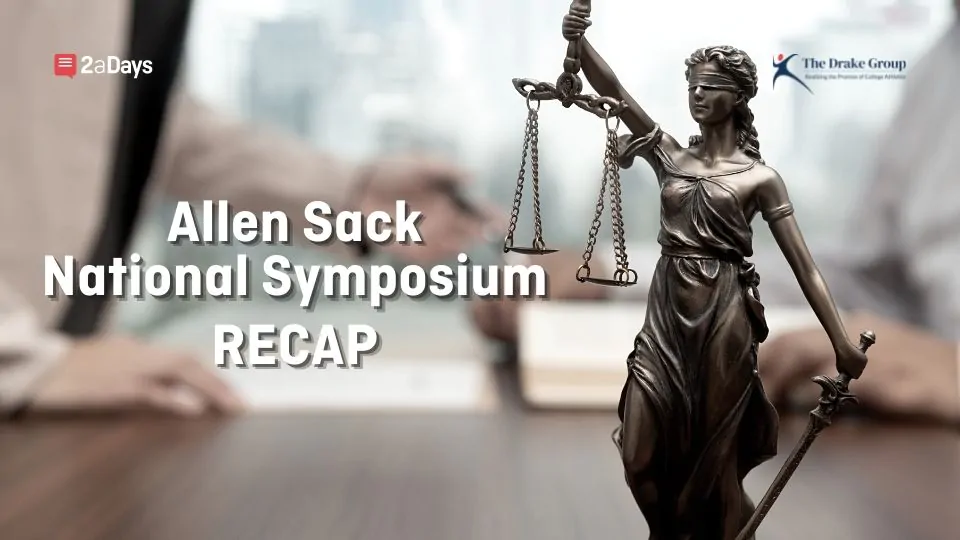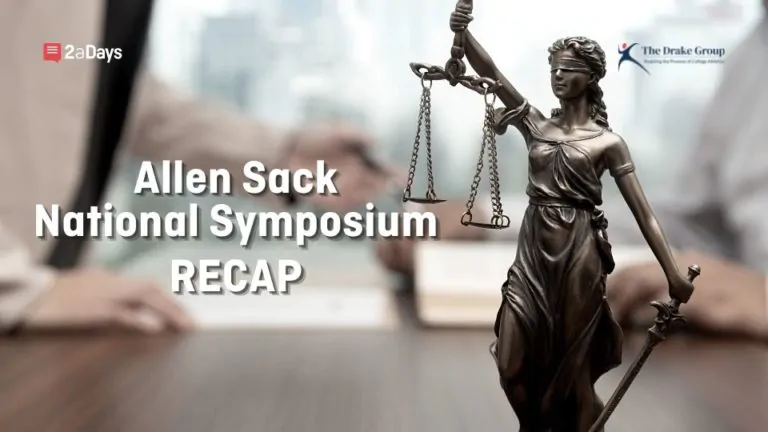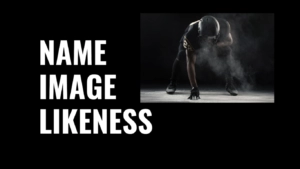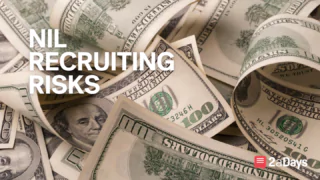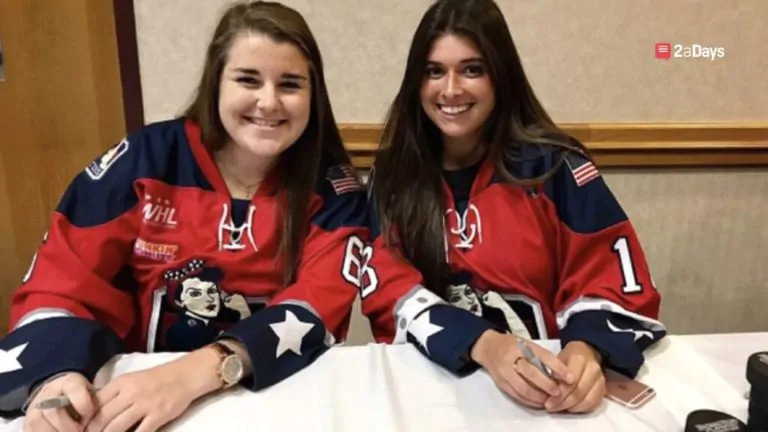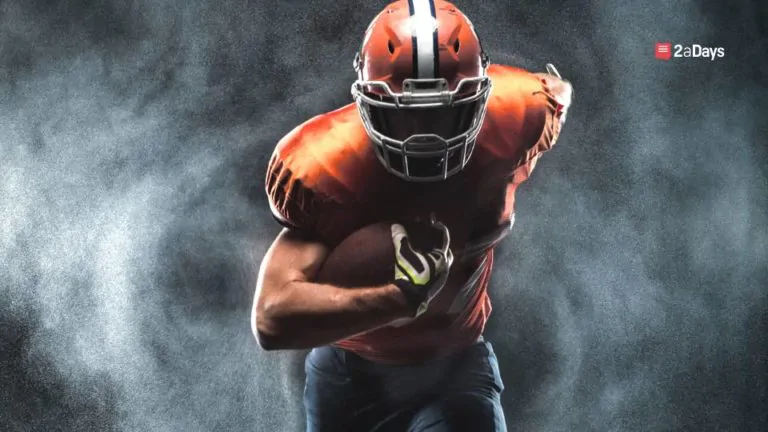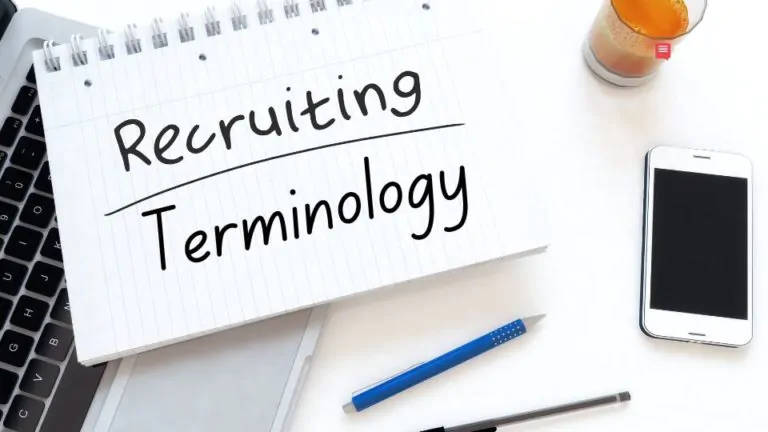Last week, athletic advocacy organization, The Drake Group, hosted its inaugural Allen Sack National Symposium Advancing Integrity in College Sport. The event, which took place in Washington, D.C., addressed critical issues in college sports, including athlete rights, unionization, healthcare, gender equity, and name, image, and likeness. Panelists included power players in sports, including Bob Costas, Kaiya McCullough, Representative Lori Trahan, and Senators Chris Murphy and Cory Booker. There were lessons to be learned for both college athlete and recruits (and their parents!), as the topics discussed directly impact the rights of college athletes everywhere, which is why I'm writing this article. When you're going into the recruiting process or even into college sports as an athlete, knowledge is power!
Full disclosure: I'm a member of the Drake Board of Directors, and I got experience the event firsthand. Here are some key takeaways about the current climate of college sports.
- Pretty much everyone agrees the college sports industry needs reform. But nobody can agree on how to fix it.
The NCAA has been under scrutiny for some time, and recent developments in name, image, and likeness have further called the NCAA's authority into question. Attorney Michael Hausfeld possibly put it best when he asked his fellow panelists “What exactly is the point of the NCAA?”
Recently, the NCAA's most significant contribution has been planning and executing tournaments because it has left a lot of power to the states due to recent legal trouble. Historically, the NCAA has had more power than it does now, given recent NIL developments at the state and federal level as well as its Supreme Court loss last year that has further put the NCAA's validity into question. Even so, the NCAA has been resisting reform efforts for years, opting instead to push back (and spend millions of dollars in legal fees doing so.) Panelist Chris Murphy, a Senator from Connecticut who drafted the College Athlete Right to Organize Act doesn't believe that should be the case. “It would be in the NCAA's best interest to put a real reform effort on the table,” he said during his panel on athlete unionization.
Related: The College Athlete Right to Organize Act | Will it Help?
Since the NCAA won't put much effort into reform, everyone else has to figure it out and those of us in the reform space are doing our best. But we disagree on whether or not athletes should unionize, if NIL inducements are really worse than universities spending money on facilities to attract recruits, and if athlete right laws will do more harm than good since the issues they address are rapidly changing. The landscape is complicated, to say the least.
2. The term “student-athlete” is inaccurate (and possibly harmful).
In my opinion, it needs to go and I'm not alone. During the symposium, audience member, Dr. Jen Fry, asked a terrific question about the term “student-athlete” in which she addressed its problematic history. To recap, in 1951, Walter Byers became the NCAA's first executive director and he was faced with a predicament: college athletes wanted workplace rights and were threatening the NCAA with lawsuits (does that sound familiar?). In Byers' memoir, Unsportsmanlike Conduct: Exploiting College Athletes, he wrote that around this time, he “was charged with the dual mission of keeping intercollegiate sports clean while generating millions of dollars each year as income for the colleges.” To manage this tension, Byers coined the term “student-athlete” in 1951, which soon “was embedded in all NCAA rules and interpretations as a mandated substitute for such words as ‘players' and ‘athletes.'” Byers notes that his reframing of the amateur athlete was in response to mounting legal pressure that threatened to identify NCAA athletes as university employees, and to deflect from “the issue of workmen's [sic] compensation for players,” and the same argument surrounding worker's rights of student-athletes persists today.
Not only that, but “student-athlete” may not reflect the college experience for athletes who are forced to put their sport before their education. Michael Hausfeld says this is why exploitation of college athletes extends beyond economics. “They're being exploited academically,” he said, “because they haven't had the chance to earn a meaningful education.” Because of this, he believes that college athletes oftentimes “are not student-athletes. They are athlete-students.” Activist and former professional soccer player, Kaiya McCullough, who was also a panelist, talked about her experiences here and how her sport influenced her decision to attend school and even which majors she could manage because of her athletic obligations: “I was forced to make a decision about where to attend college when I was 14 years old.”
Related: 5 Reasons Grades are Important as an Athletic Recruit
3. Athlete health, both physical and mental, is a crisis in for many college athletes
There are many reason athletes suffer from mental health issues, including a lack of resources. “We had nobody to go to for our mental health, said panelist Brendon Cole, who is the Athletic Director at The Field School in Washington D.C. and a former defensive back at Hampton University, and added that coaches often acted as therapists. Although athletes certainly can have good relationships with their coaches, coaches are not mental health professionals and may not always have the athletes' best interest in mind. According to panelist and award-winning journalist and author, Howard Bryant, “The coach is the single most powerful element in college sports.” Because of this lopsided power dynamic, nefarious coaches can push athletes through injuries, berate them in practice, and even threaten to pull their scholarships, and all of this can do a number on both an athlete's physical and mental health.
Bryant also noted that college athletes aren't necessarily as physically healthy as we think. He discussed this from the perspective of a coach when he said “My job is not to get you healthy. My job is to get you healthy enough to play.” Licensed athletic trainer and attorney Tammi Gaw, agreed and said that college athletes are “being treated as disposable commodities.”
Fixing healthcare in college sports is a tall order and panelists all took a shot at it. For Gaw, universities allocating funds for physical and mental healthcare is an incredibly important part of keeping them safe. “If you cannot afford long term medical coverage, you cannot afford sports,” she said and added that coaches should be trained to spot concussions and that inclusive healthcare, where athletes have access to trainers who “look like them” should also be priorities. Gaw also praised Senator Cory Booker's College Athlete Bill of Rights, which contains generous healthcare protections for college athletes. “We're looking forward to finding a way for Congress to ask for basic health and safety standards and better assurances than the NCAA gives to athletes,” Booker, who was also a panelist, said of the bill.
4. Gender inequity is rampant in college sports
The 50th anniversary of Title IX is fast approaching but gender inequity is still a huge problem for female athletes. Moderator Christine Brennan took note of this, acknowledging that 90% of universities are not in compliance with Title IX and, on average, spend 70¢ on women for each dollar spent on men. Attorney and panelist Julie Sommers agreed. “The NCAA has an unfortunate history of undervaluing women,” she said and mentioned that in spite of getting scraps, the women's Final Four broke viewership records this past year. Julie noted that the sexism we see in college sports could also trickle into the NIL space and asked of athletic programs with NIL initiatives: “Are they exerting as much effort on women as they are on men?”
Related: How NCAA Spending Ignores Title IX
Sexism in college sports is also a big issue to tackle, and Representative Lori Trahan thinks NIL has been a good start to combating it, considering that women have been doing very well since July 1st of last year. CEO of Altius Sports Partners, Casey Schwab, added that there are multiple benefits of NIL for all college athletes, like networking and branding opportunities as well as the chance to learn practical information about their finances (like how to file their taxes!). Trahan also noted that collective bargaining agreements, which offer athletes the power to negotiate their rights with their employers, can also help bridge gender inequity in sports. Not only could athletes negotiate that their universities are Title IX compliant and truly do provide equitable opportunities for women, but athletes could also get a say in aforementioned initiatives like healthcare and prioritizing their academics.
5. College athletes need a seat at the table moving forward
Unfortunately for college athletes, they aren't getting much of a say in the current conversation, and Howard Bryant took note of this when he asked a pointed question about their voice: “Who is actually speaking on behalf of the athletes?” Right now, it's mostly the NCAA and state and federal legislatures who are calling the shots, but for Bryant, the stakes of athlete representation in conversations about their rights are high. “If you don't have a seat at the table, you're going to be on the menu,” he said when discussing the importance of athlete unions.
Although many people think of athletes rights only in terms of NIL, the rights of college athletes extend well beyond their finances and the symposium panelists emphasized this reality. College athletes need a say in healthcare, their terms of employment, Title IX initiatives, scholarship policies, academics, and much more. In many ways, these are issues of basic human rights and NIL only begins to scratch the surface.
“Standing up for college athletes is one of the great civil rights issues of our time,” said Chris Murphy, and I'm inclined to agree.
Katie (M.K.) Lever is a former Division 1 athlete and current doctoral candidate at the University of Texas at Austin where she studies NCAA discourse and policy. She is also a freelance sportswriter and creative writer on the side. She is the author of a new book Surviving the Second Tier available on AMAZON. Follow Katie on Twitter and Instagram: @leverfever.
Have an idea for a story or a question you need answered? Want to set up an interview with us? Email us at [email protected]
* Originally published on May 24, 2022, by Katie Lever, Ph. D
